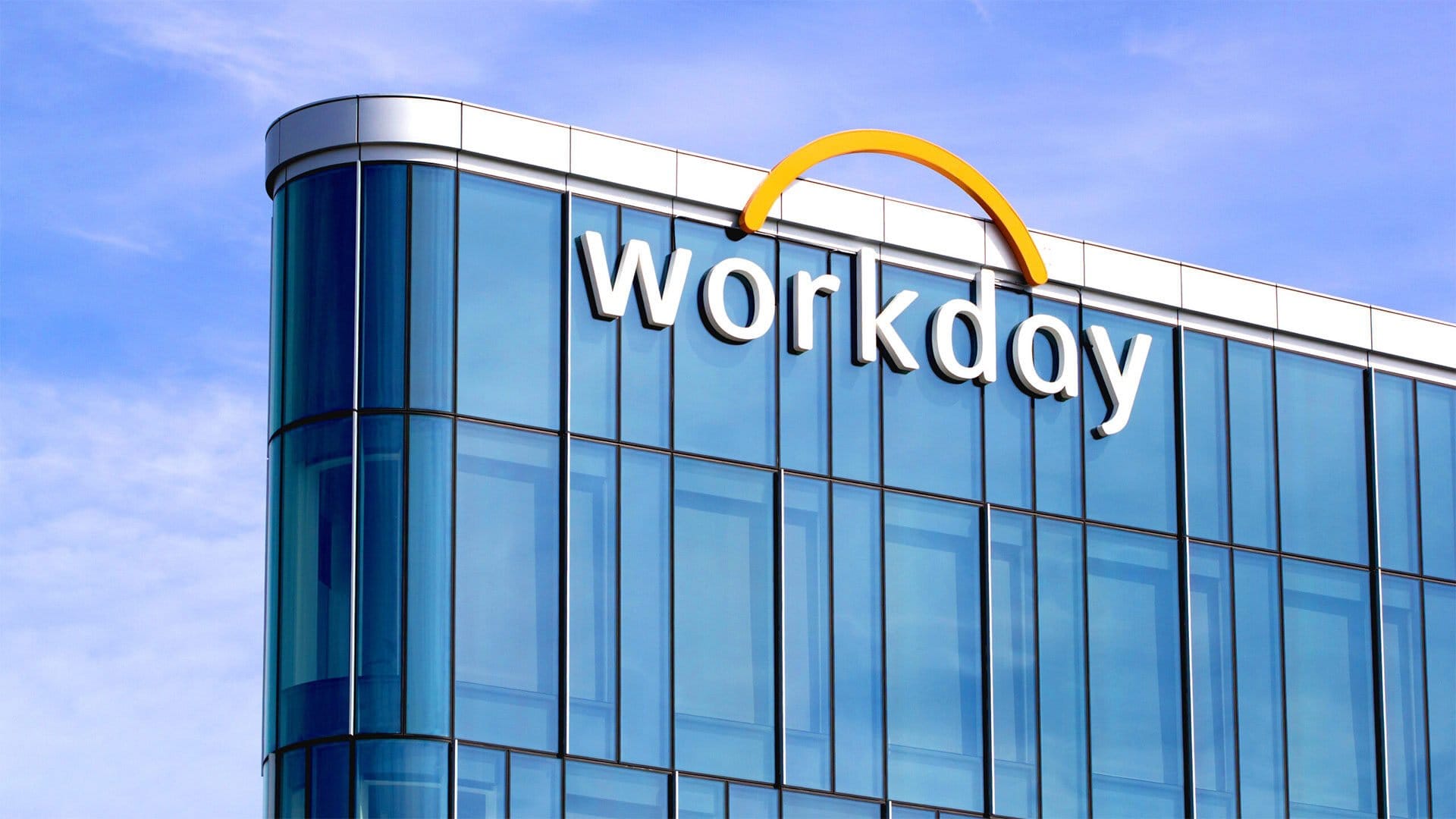Workday will open a new office in Dubai and expand its enterprise AI platform to the Middle East. The move adds local leadership and sales to support customers across the UAE and the wider region. It aligns with national digital plans in the UAE and Saudi Arabia. The announcement was made on 30 September 2025.
What’s changing: a local base and a wider remit
Workday is setting up shop in Dubai to get closer to customers and partners. The company positions its cloud platform as a single place to manage people, money and now AI agents.
- New Dubai office with local leadership and sales
- Focus on HR, finance and agentic AI use cases
- Support for transformation agendas in the Gulf
- Ties to recent product updates announced this month
For UAE firms, a local presence cuts friction. It helps with contracting, onboarding and support across time zones. It also signals intent: Workday is treating the region as a growth engine, not a fly-in market. With AI agents now part of its pitch, expect pilots around workforce planning, spend controls and policy-aware automation first — areas where quick wins are obvious.
Why it matters for UAE businesses
The UAE is racing ahead on AI adoption. Local teams want tools that actually reduce manual work and improve control. Workday’s promise is to bring HR and finance onto one platform, with AI inside the workflow.
- Connects to the UAE’s National AI Strategy 2031 aims around productivity
- Fits CIO priorities: compliance, audit trails, skills and cost control
- Agentic workflows can act on data, not just summarise it
- Local office helps with RFPs, data governance and executive buy-in
We’re also seeing a wave of enterprise AI moves in the Gulf. From IBM and AWS deepening cloud skills in the region to secure migrations, to Akamai’s security-meets-AI tour in Dubai, organisations want AI value without burning risk budgets. These programmes set the stage for platforms like Workday to slot into regulated stacks.
What Workday actually offers here
Workday describes itself as an “enterprise AI platform” with HR and finance on one cloud and AI at the core. The pitch: give leaders clear data, give teams safer automation, and cut swivel-chair work.
- Unified HR and finance data model
- Reporting and planning on the same platform
- AI and agent features to draft, detect and act
- Used by 11,000+ organisations globally, including large enterprises
For CFOs, this can mean tighter spend controls, faster close and cleaner forecasts. For CHROs, it’s hiring pipelines, skills mapping and policy-aligned actions. For IT, one vendor means fewer integrations to babysit — and a single place to enforce access and retention rules. The agent angle is worth a look: as we’ve covered with Jumbo x Haptik and HUMAIN, the region is testing agentic systems that can move from intent to action. Expect Workday to compete on safety and auditability.
The regional context: policy, skills and momentum
The move lines up with We the UAE 2031 and Saudi Vision 2030, both leaning on digital transformation to grow non-oil GDP. Vendors opening local offices is now the norm. Lenovo did this in Riyadh, and we’re seeing national labs and industry partners push AI skills and infrastructure across the Gulf.
- Government strategies reward local presence and talent development
- Cloud regions and sovereign controls unlock more regulated workloads
- Universities and vendors are building AI R&D capacity
- Momentum is visible across telecom, finance and public sector
Recent examples: TII and NVIDIA launched a joint AI & robotics lab in Abu Dhabi, while du built an Arabic telecom AI model for internal ops. These point to a clear theme: build here, support Arabic, and meet regional governance. Enterprise platforms will be judged on how well they fit that brief.
What to watch next
Workday hasn’t shared dates for office opening or rollout specifics beyond its plan to expand in the Middle East. Expect hiring, partner onboarding and customer briefings in Dubai. If you run HR or finance in the UAE, line up a reference check with regional peers and map your data governance questions early.
- Ask about data residency, support SLAs and integration patterns
- Push for agent guardrails: permissions, approvals and logs
- Clarify pricing and localisation for the UAE
- Plan a pilot in one process area before a full cut-over
We’ll also track how Workday’s agent features land against local incumbents and global clouds building enterprise assistants. With GITEX around the corner, expect a busy season for demos — from collaboration boards to back-office automation. See our coverage of Logitech Rally Board 65 and Huawei IdeaHub S3 for meeting-room angles that tie back to hybrid work.
When is Workday’s Dubai office opening?Workday announced plans to open a Dubai office on 30 September 2025. Timing beyond that has not been detailed.
What products will be available in the Middle East?Workday’s platform covers HR and finance with AI features and agents. The company frames it as one system for people, money and agent-driven workflows. Check with Workday for UAE localisation and pricing.
How does this align with national strategies in the Gulf?It supports digital transformation goals under the UAE’s Vision 2031 and Saudi Vision 2030. The region is investing in AI skills, secure cloud and industry-specific programmes, as our recent coverage shows.
Subscribe to our newsletter to get the latest updates and news















Member discussion